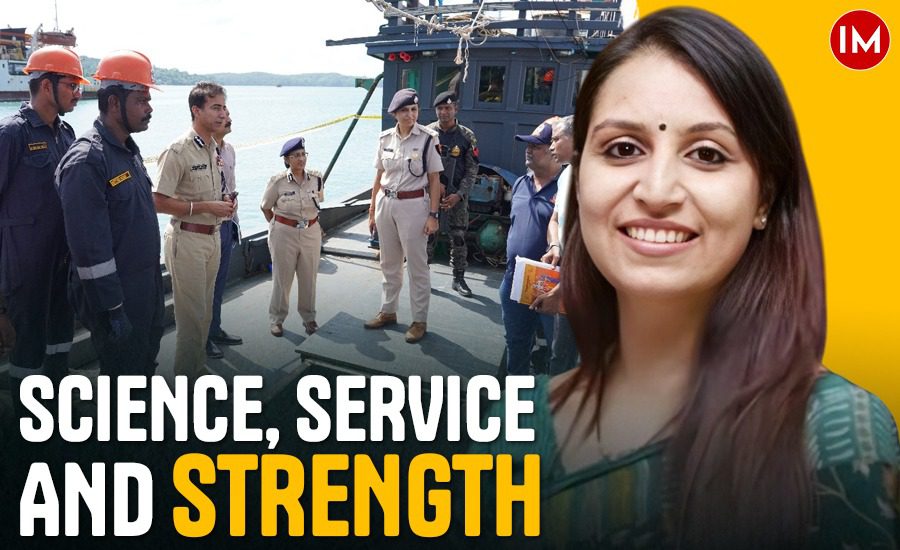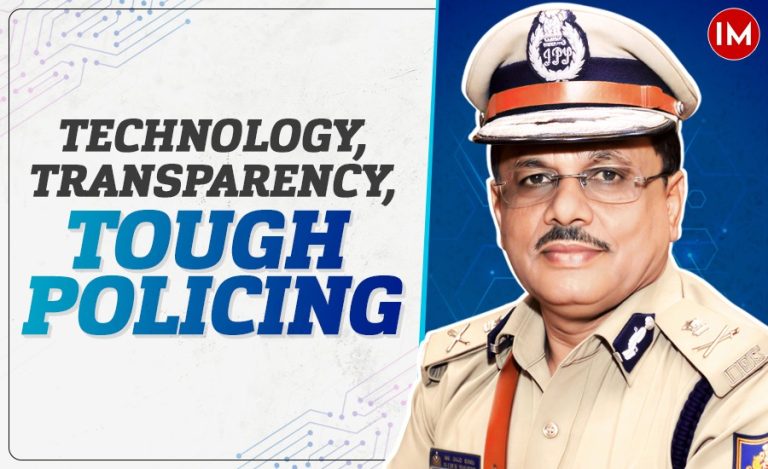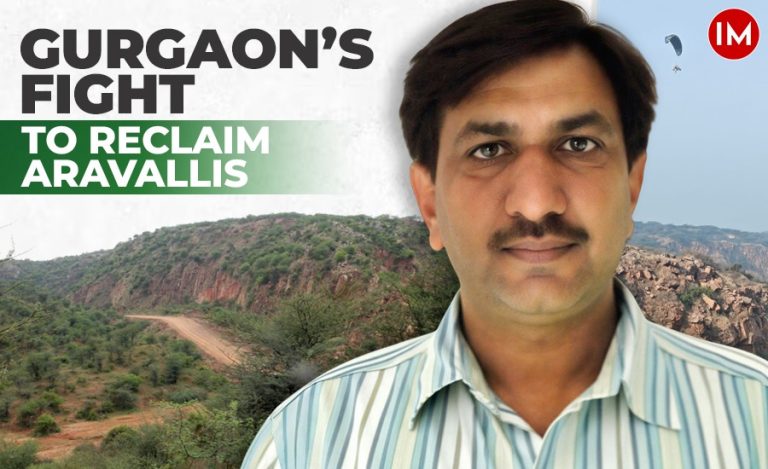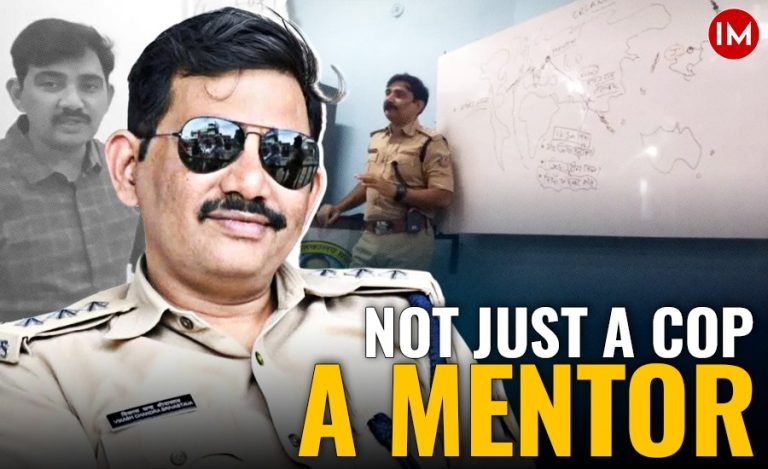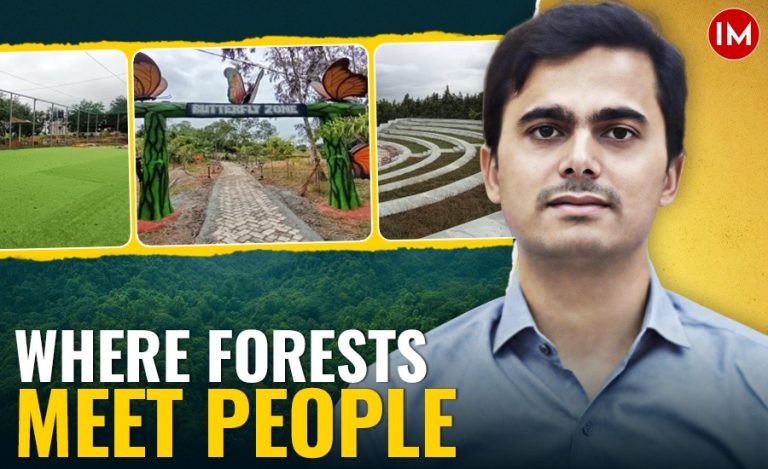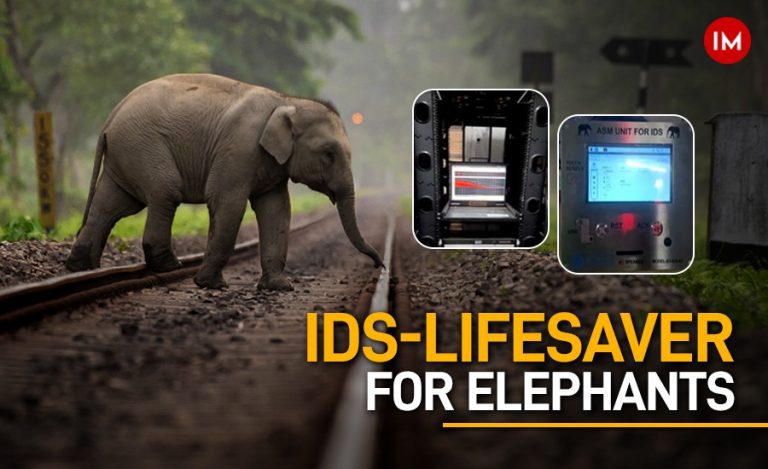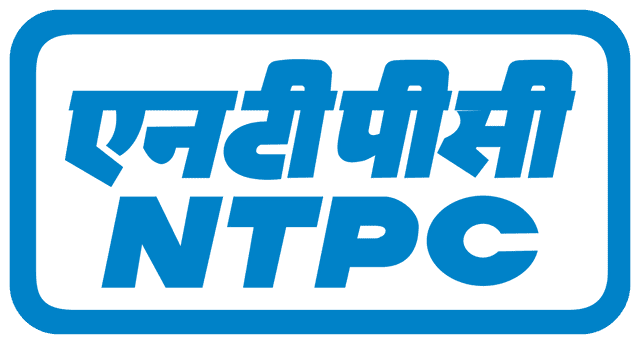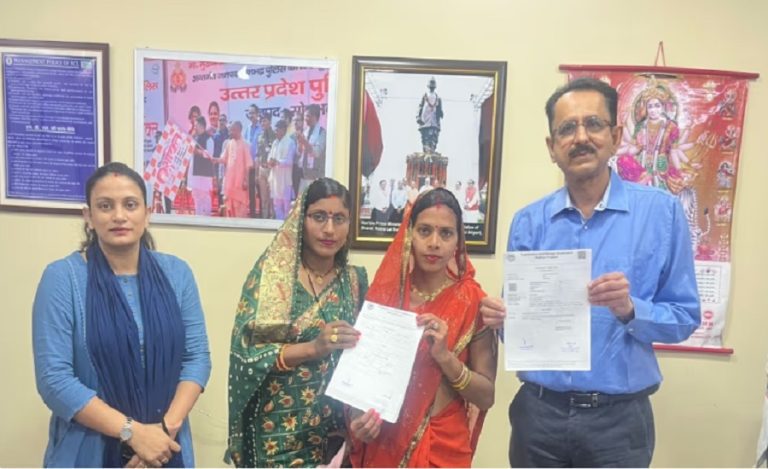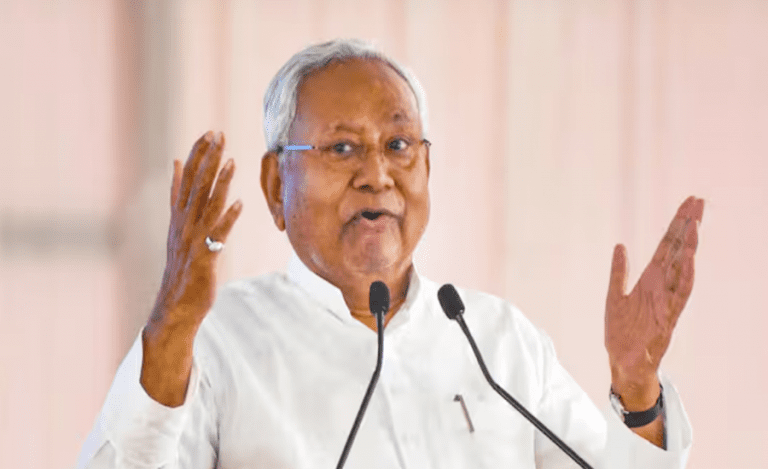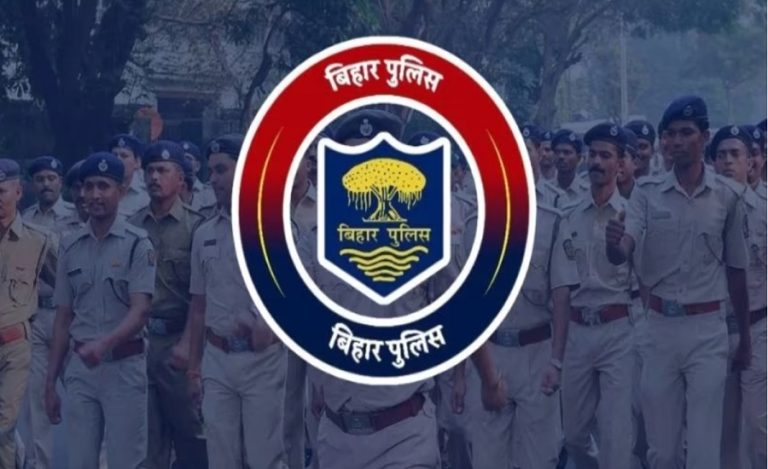When life offers comfort and recognition, few dare to start over. But for 2015 batch IPS officer of AGMUT cadre Niharika Bhatt, the call to serve her country was stronger than the lure of a settled life abroad. From building 3D tissue models at the US Food and Drug Administration (FDA) to leading police units in India, her journey is a story of courage, clarity, and commitment.
FROM LAB TO LAW ENFORCEMENT
Before donning the khaki, Niharika was a full-time science researcher working on advanced bioengineering projects. She had an impressive academic and professional record, having worked at prestigious global institutions like the University of Michigan and the US FDA. Yet, something inside her told her that this wasn’t where her heart truly belonged.
“A lot of factors actually,” she says with a smile, recalling her decision to switch careers. “While working as a full-time science researcher, I realised it’s not my cup of tea. Returning to India was always something that I had thought about after working in the US for a while. So, once I started thinking about options beyond science, Civil Services was a particularly attractive option owing to the plethora of opportunities it offers”, she told to Indian Masterminds.
The decision didn’t come overnight. Niharika carefully assessed what it would take to prepare for the Civil Services Examination — one of the toughest in the country. “Speaking to a few college seniors who had cracked the exam earlier helped me assess the studying required to get through it. Once I had figured out the basics, it was a natural progression to prepare full-time,” she adds.
What drew her most was the opportunity to make a tangible difference in people’s lives — something her research career couldn’t offer in the same way. “At a very young age, it allows officers to work at the executive level to make a difference in society and the lives of people,” she says.
BRINGING SCIENCE INTO POLICING
Today, as an IPS officer, Niharika’s scientific background gives her an edge that few in the police force possess. “Policing is a unique profession as no two days are the same and no two cases will ever be the same. So, with each new challenge, what makes a difference is how quickly and how well you can work out a solution,” she explains.
Her years in laboratories taught her the art of structured thinking and analytical problem-solving — qualities that now define her approach to policing. “Having been trained to look at everything minutely and with an analytical mind to break down issues into problem statements and finding a solution has really helped me bring the same understanding into policing,” she says.
In an era where technology and crime are increasingly intertwined, her background in science has become even more relevant. “With more and more crimes interfacing with technology, having a science background really helps get to the bottom of the issues at hand,” she adds.
BALANCING MOTHERHOOD AND POLICING
Behind the uniform and professional poise lies another demanding role — that of a mother. Balancing family responsibilities and the unpredictable nature of police duty isn’t easy, but Niharika believes it’s all about teamwork — both at work and at home.
“It takes a village to raise a child,” she says candidly. “I have a very supportive family that has allowed me to balance my family and policing requirements. My husband and mother-in-law take over the kids’ duties when I am busy, and I do that when they need some work to be done.”
She emphasizes that women shouldn’t feel pressured to do everything alone. “It is a wrong expectation that women must do everything alone — it has never been done. If someone can do it, that’s excellent. But there is no shame in asking for help from the village.”
Her experience as a mother has also deepened her empathy, particularly in cases involving women and children. “Having children of my own has made me particularly sensitive towards crimes against children,” she says. “Not only are they the future of our country, but it is our duty as adults to ensure their physical and emotional well-being.”
She recalls being deeply influenced by the book Half the Sky by Pulitzer Prize-winning journalists Nicholas Kristof and Sheryl WuDunn. “I have strongly felt about crimes being committed against women, who make up half the population of the world,” she notes. “The title of that book — ‘Women hold up half the sky’ — has stayed with me ever since.”
DATA, TECH AND EMPATHY
As a trained researcher, Niharika has a keen understanding of the role technology can play in modern policing. “It’s moot to talk about the scope — it is going to become a necessity to integrate technology and data-driven solutions with crime analysis in the future,” she says.
She points out how police organizations are already adapting to the digital age. “Many policing organisations are working towards this goal, and I am sure the future of policing will be more data-based, analytical, and technology-driven. Data-mining has become a necessity with the expansion of social media and the fact that crowds are not just on the streets anymore, but also online.”
MESSAGE FOR ASPIRING OFFICERS
For young women — especially those with science or engineering backgrounds — who hesitate to step away from established careers, Niharika’s message is simple yet powerful.
“Civil Services is not just a career, and preparation is not about rote learning,” she says. “It’s about becoming aware citizens of the country. Read newspapers properly, know what’s happening around you, analyse it, and have an opinion. People in science often don’t spend time looking at the sociological aspects of things, but in civil services, everything has an impact on society. So develop that thinking and empathy.”

